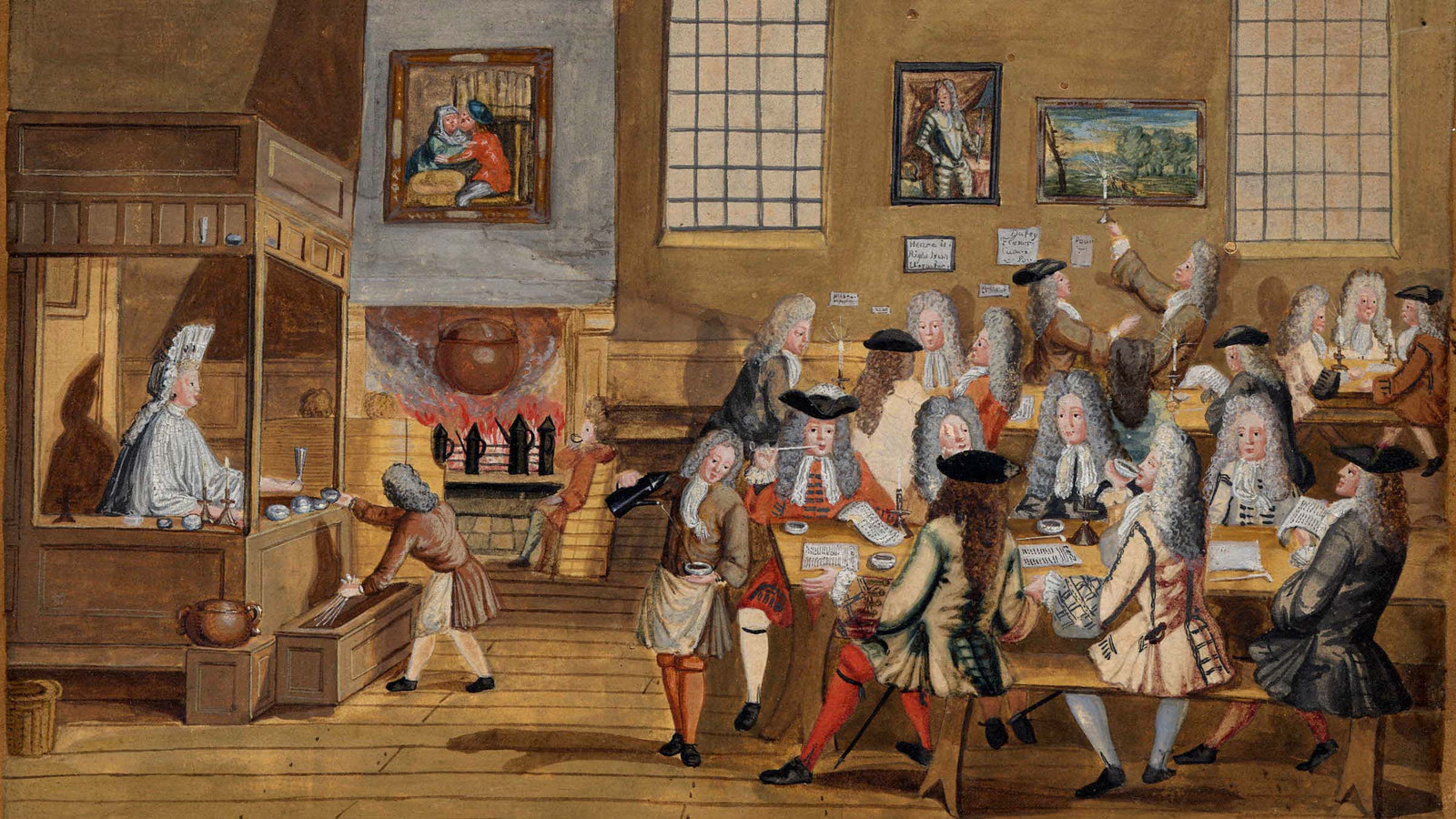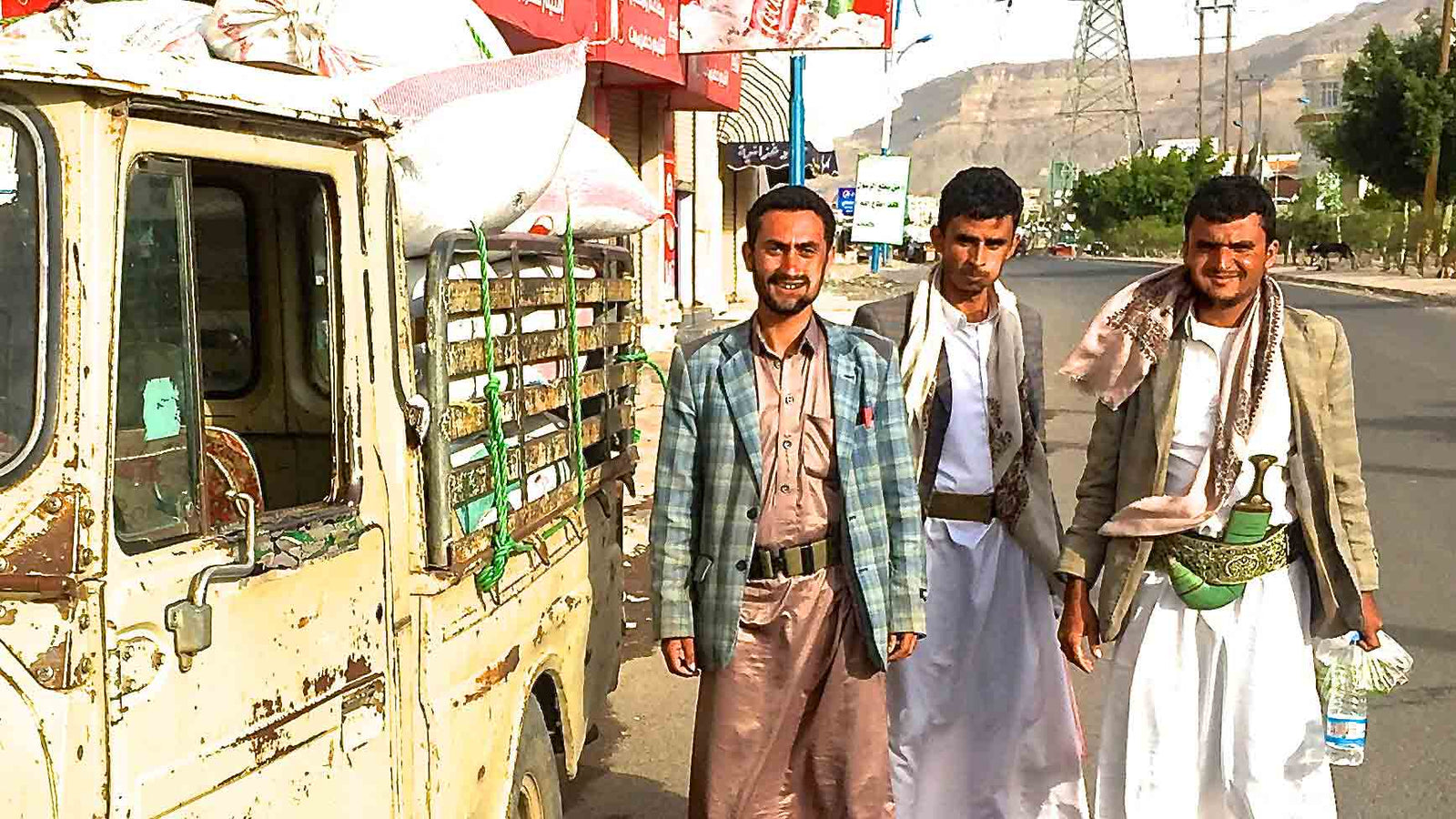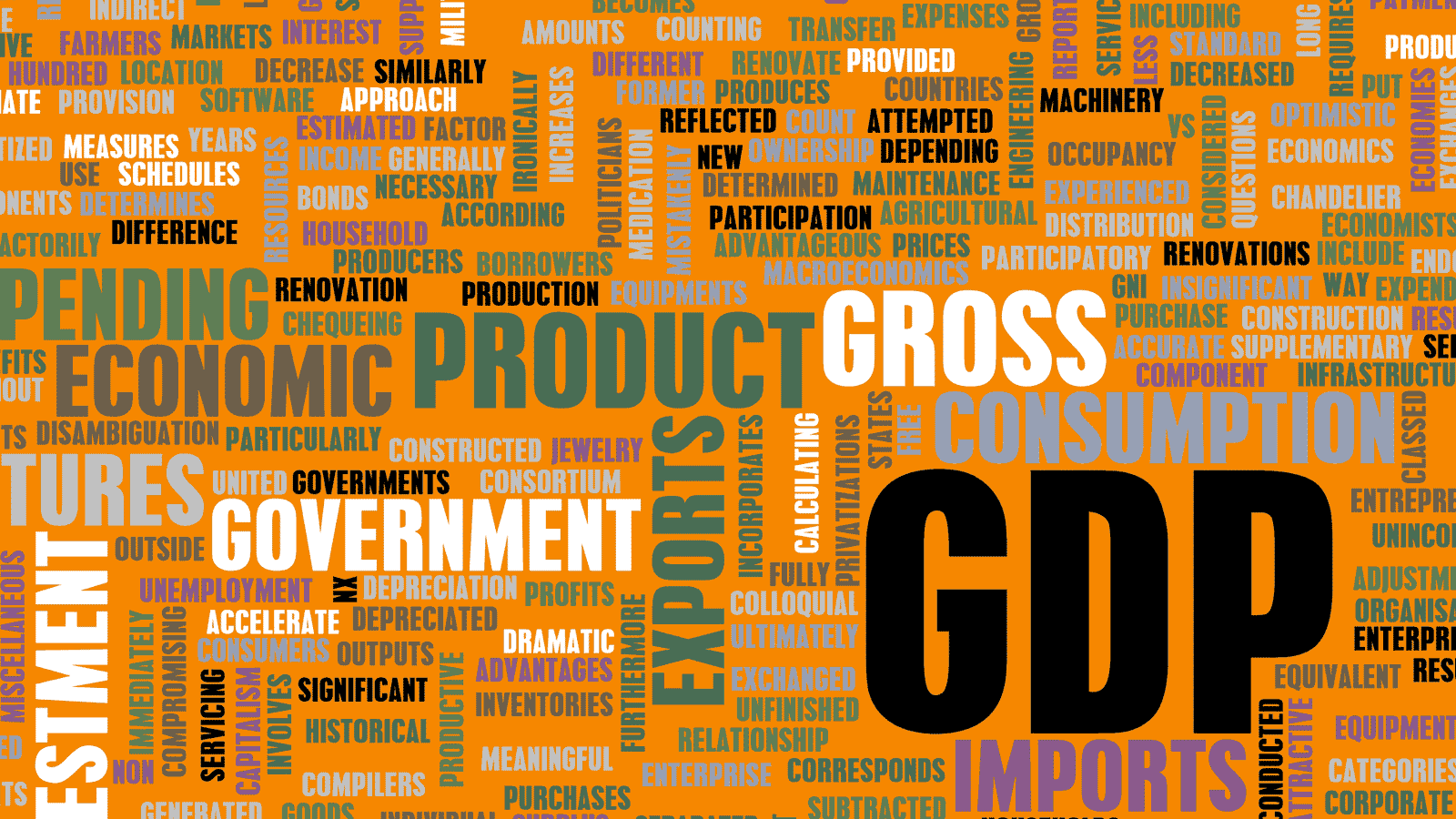I Got a C+ in Macroeconomics
Two years ago I had $500 and an idea to change the world. Today I have a $5000 hole, the website and branding you're looking at now, and the same idea to change the world. Speaking to my younger sister in regards to my progress, she said, "previously there was nothing and now there is something. That's pretty cool. I'll send your web address to my friends."
In her casual comment, she hit on two remarkable aspects of entrepreneurship: one, I had created something out of thin air; and two, in doing so, I had created a company that we could call my child. I've often heard that no one cares more about a company than the founder. Yes, I've brought Al Mokha, Public Benefit Corp. into the world and its success or failure rests entirely on me. This is frightening. Not the thought of trying to create a small coffee company but rather the thought of creating a multi-national development organization that will cause us to re-imagine how we conduct foreign policy. It's madness thinking I can do this but for whatever reason my brain is hardwired for such extreme optimism. And with it, not only do I feel pressure but I also must out-compete the likes of other organizations in Yemen including USAID with their $25 million and the World Bank with their $38 million. My plan? A national company that sets Yemeni Mokha on the world stage.
In the morning, I drink Mokha, in the afternoon I sell Mokha, and in the evening I write Mokha. At night when I should be dreaming Mokha I instead lie awake in bed worrying about Mokha. All this expenditure of energy yet my billion-dollar idea still pays no salary after two-years of work. My mind plays tricks on me, that somehow, among my competition to change the world, I can outcompete what is almost definitely my fate, namely failure. I draw strength, I suppose, knowing that I am snubbing the doubters even though they have probability to their name. My mother among them says to me, "Anda, get a real job." It's funny. The problem with doing something impossible is that everyone tells you it's impossible.
This past Sunday I was meeting with my team and discussing how we should communicate Mokha. As an ENTP, if I'm lucky, I'm a visionary. If I'm wrong, I'm a dreamer. My balancing act is thinking big but also sounding credible. Visionary and crackpot live on the same street and I don't know at whose address I reside.
Michel, one of my advisory board members said, "be honest. Write about it on the blog." Good advice, seemingly, but Al Mokha is not my personification, it is in fact me. I probably bleed coffee. I want loyal, adoring, customers. I want to protect and coddle what has been built. The moment I air my views, Mokha is no longer neutral and protected; rather it has edges, an opinion, and rests not in airy theory but in public reality that will scrutinize my self-worth. Michel, who's Dutch, said, "how about that crazy guy on your side of the Atlantic. Trump. Look at his views. Put yourself out there." Alright Mr. Advisory Board, Trump is a crazy entertainer—nevertheless, let's get this coffee show on the road.
I've been scared from day one. They say fake it until you make it but that grows tiring after a couple years. The progress I've made, after nearly $20,000 in sales and not paying myself a salary, is I'm tired of faking it. The good news is that I'm fine admitting this. That's progress and perhaps confidence that faking is no longer necessary because this company is for real.
Sitting at the helm of a startup is absurd. I have a company that's worth only the money I've put in, I'm a "Chief Executive Officer" of a vision, and I don't have the skills to run a multi-national yet I have the pressure to run a multi-national unless I want to call Al Mokha washed up. In some ways, I could take the journey of Blue Bottle Coffee: start small with a coffee cart in San Francisco and then by accident scale the mountain of venture capital funding. My problem is I've thought ahead and I aim for the moon. This makes me an aspiring cosmonaut.
I believe strongly that development premised on charity is broken. Go see the film Poverty, Inc. The company Tom's shoes, built on their idea of "Buy One, Give One" provides footwear in the third-world for free. But doing so puts local entrepreneurs dealing in shoes out of business. In an ethical conundrum a week after seeing the film, I found myself in Urban Outfitters where Tom's shoes were on clearance for $10 a pop. I hate missing a good deal. I bought a pair. The reality is markets are really good at creating wealth and allocating resources. The premise of Al Mokha is harnessing my desire and your desire to consume.
When I debate economics I'm a bit of a crank who got a C+ in macro my freshman year of college. That's the last econ class I took. Nevertheless, I'm good at coloring and connecting the dots. This year Angus Deaton won a Nobel Prize in economics. Here's a fingertip 30-second excerpt and two quotes: "Most external aid is doing more harm than good" and "Economic growth is the surest and most lasting solution to poverty". I'm a poor econ student but I have a board Advisor who's a development and labor economist. That's a start to connecting smart minds to a business solution. And better yet, she's skeptical of Al Mokha's theory of change. That's right, we have internal dissension. But she also believes that the model might work. In that sense, she's identical to me: I'm skeptical of my ability to create a viable business and she's skeptical of what the precise impact it will have in Yemen. I don't see this as a condemnation of the business but simply a starting point of inquiry. As a startup, we seek business solutions and as a public benefit corporation we seek social solutions. We reserve the right to pivot and pirouette as we learn.
But let's talk about mothers. The econ debate can wait. When I was in the 7th grade I sold Blow-Pops lollipops out of my backpack. I would purchase them on sale at CVS for 12.5 cents and then sell them for a quarter. Business was pretty good until my mother called the Middle School alerting them that I was selling candy. For reasons that allude me, this shut me down. Twenty years later I'm an adult and can ignore my mother's advice. Here's to business attempt #2. From candy we get coffee.
Also in Al Mokha Blog

The Secret to the Best Possible Mocha-Java Blend
by Anda Greeney
If you’ve been hanging out with us at Al Mokha for some time, you know that "Mocha" or "Mokha" means coffee from Yemen. And you’ve heard the story before: coffee cultivation started in Yemen circa 1450 and shipped from the port city of Al Mokha; and that’s how place name became synonymous with product.
Similarly, if you scratch your head a moment, you may think, hmm…maybe "java" literally means coffee from the Indonesian island of Java. And you’d be right.
Not only that, but you would be putting your finger on the “world’s second coffee™”. In about 1699, the Dutch East India Company began cultivating and exporting coffee from Java. This new origin ended Yemen's 250-year monopoly.
So there you go, and it’s pretty obvious how you would end up with a blend. Take Mokha + Java—i.e. world’s first and second coffee—and voila, "Mocha-Java," the World’s First Blend™. This is hardly a complex mathematical equation.

Is a $1 Billion Coffee Sector in Yemen a Good Idea?
by Erin Fletcher
In my last post, I talked about numbers, about progress and about impact we could measure at Al Mokha. Economists tend to get wrapped up in numbers. This group of people is richer, you might say, and an economist wants to know, okay, but how do measure “rich”? Is it how much money or how many assets they have; is it how much they earn? How do you get a representative sample to answer your questions? How do you know that someone’s observable (or unobservable) characteristics aren’t influencing the way they perceive the question?
Economists have largely settled these questions. With a little effort, you could get to a point where you could measure “rich” satisfactorily, where you could answer the question of who is richest.
But some questions are simply unanswerable within the paradigm of statistical causality. Some of those questions are ones that Al Mokha wants to answer.
For instance, is coffee the best answer to Yemen’s woes?

Yemen's $1 billion Coffee Opportunity
by Erin Fletcher
As a development economist with interests that are a little outside the norm, I spend a lot of my day thinking about how to measure unmeasurable things. How prevalent is a certain belief? And how does it affect people’s behavior? Can one violent event, or experience, be objectively seen as worse or more violent than another? And if so, what determines that violence—scope, tenor, frequency? How do we fix it?
So, when Anda told me he wanted to start thinking more about impact and measurement at Al Mokha, I jumped up and down with glee. From the moment he and I first talked development and coffee in Cambridge almost a year ago, I’d been questioning, "cool, but how do you measure that?"


Anda Greeney
Author